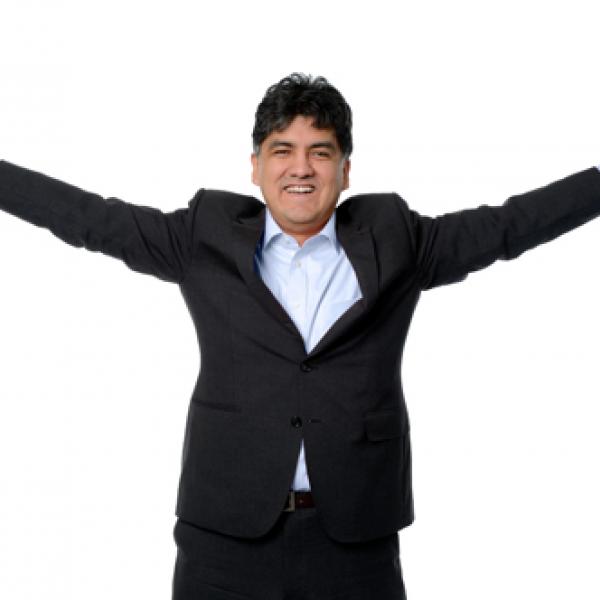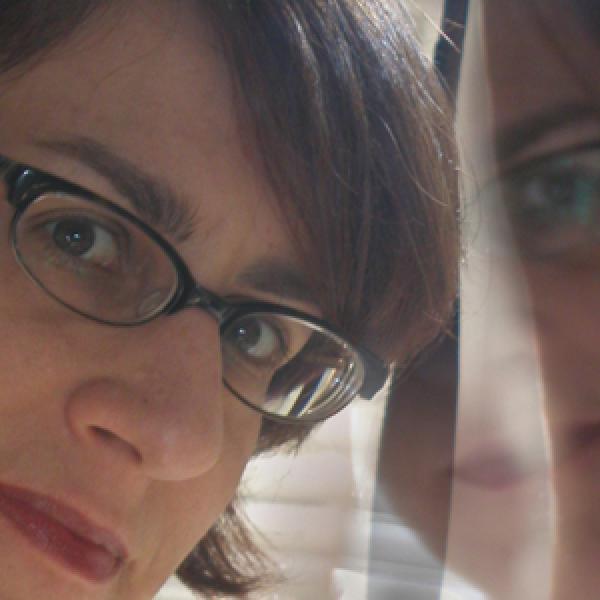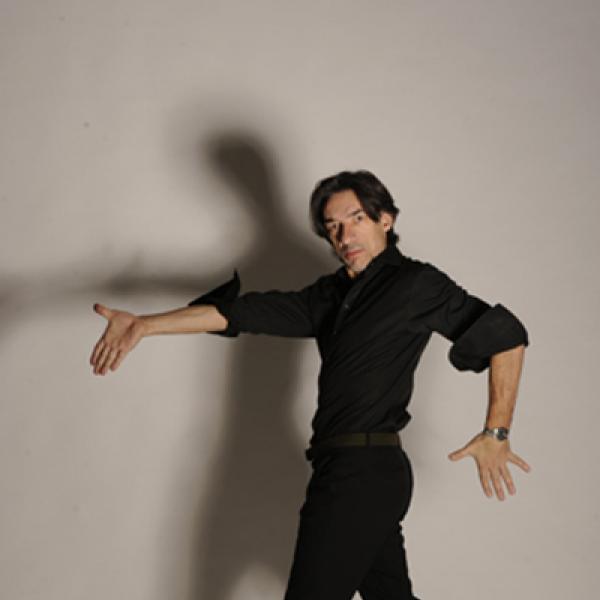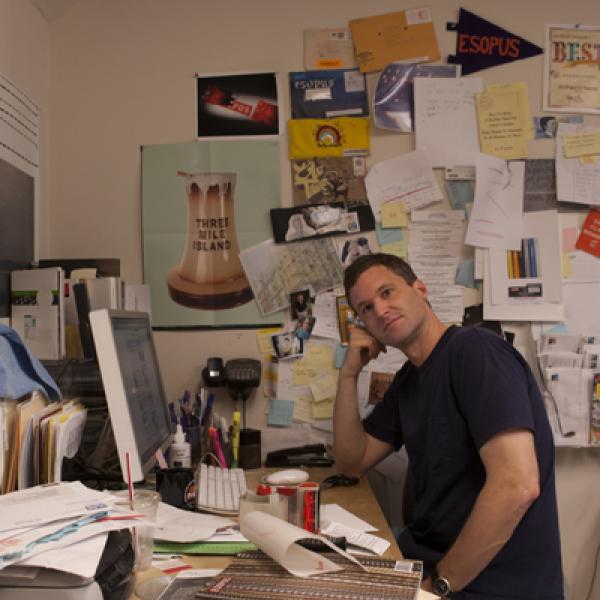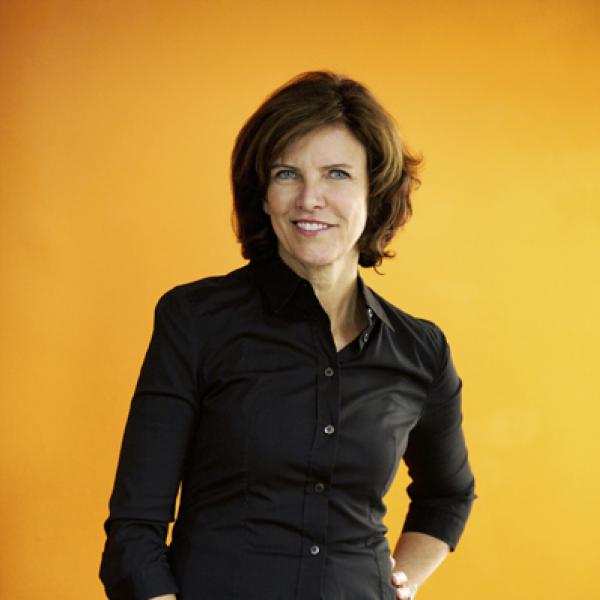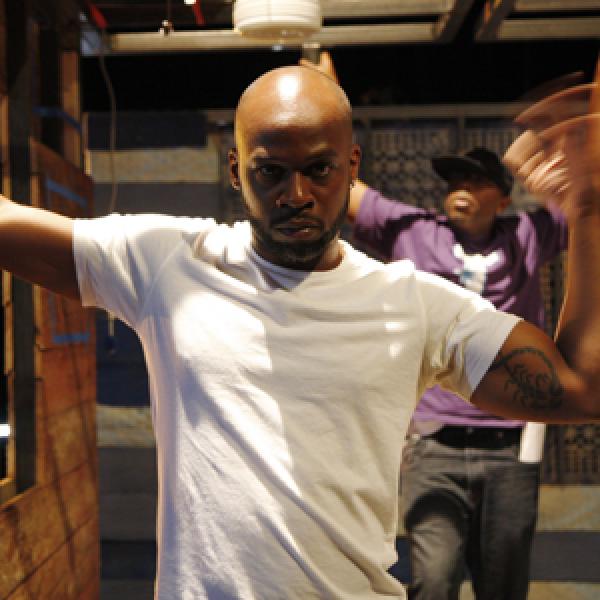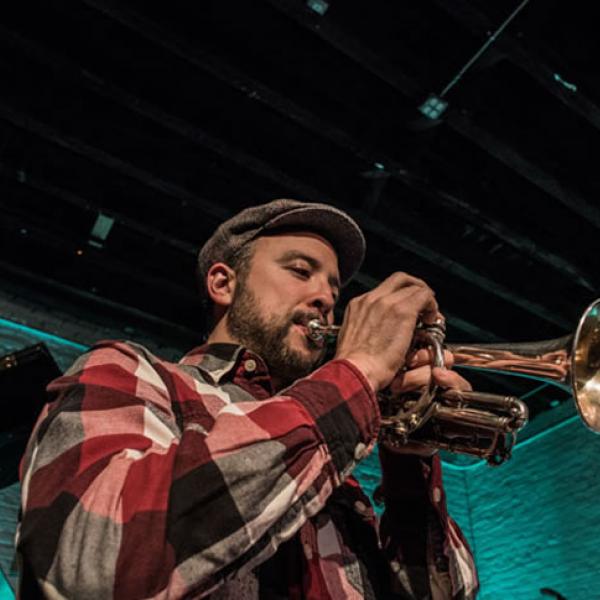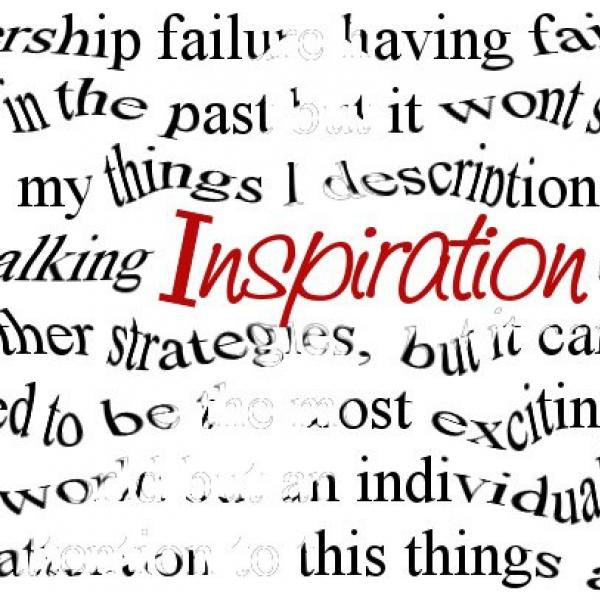Brad Mehldau
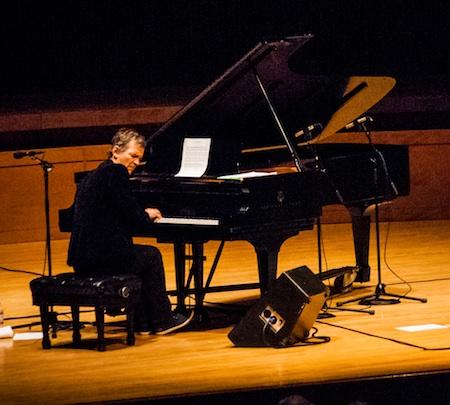
Brad Mehldau performing during his concert with Chris Thile at the Clarice Smith Performing Arts Center at the University of Maryland in April 2013. Photo by Dylan Singleton
Brad Mehldau burst onto the jazz scene in the early 1990s, drawing comparison to jazz great Bill Evans. With a penchant for offbeat covers (such as Radiohead and Nirvana songs) as well a love for classical music (even using chamber orchestras on his albums), he has become a major force in the field---the New York Times recently called Mehldau “…the most influential jazz pianist of the last 20 years.” His two 2012 releases on Nonesuch, Ode and Where Do You Start, demonstrate both his superior composition skills and his eclectic choice of cover material. We had a chance to catch up with him during his recent tour with mandolinist Chris Thile, and his e-mailed answers are below.
NEA: You have taken on many contemporary songs in your performances and recordings: How do songs like “Exit Music (for a Film)” and “Smells Like Teen Spirit” fit alongside songs like “Summertime” and “My Favorite Things”?
BRAD MEHLDAU: I listen to lots of music from lots of different genres, like many folks, and if something grabs my imagination I try to play it in my own way and use it as vehicle for improvisation. Sometimes it doesn't work, and sometimes it does.
NEA: What inspires your adventurous approach to music?
MEHLDAU: The piano itself is endlessly expressive as an instrument, but it's also rewarding to think more as an orchestrator—to think about ways of organizing sound. Many of the musicians or composers I am influenced by are great orchestrators as well, and I suppose their influence rubs off on me.
Brahms seems to be one that I myself notice at least—I always see his music peeking out in what I write. It’s what one of his biographers described as “smiling through tears.” I like a bleeding heart that holds itself in check a bit—that kind of German Romanticism, not all in your face.
I started out as a kid playing classical piano and listening to rock. When I first heard jazz when I was 11 or so, it seemed to have something from both of those types of music, but something even more—a deep feeling of dance rhythm and the blues, and also the kind of virtuoso display that I associated with classical piano players that I admired.
[My compositions] come from inside the music—the music generates its own ideas, the mere wonderful fact of 12 tones and all their possibilities. I’m sure it’s affected by my life experiences, but it is never a specific moment for me. I suspect it’s a more cumulative kind of thing of everything I’ve experienced up until the very moment I’m writing a given tune.
NEA: You work with a variety of musicians outside of jazz, such as Willie Nelson, Joe Henry, and Anne Sofie von Otter—and Chris Thile on your current tour. How do you see working outside jazz helping you as a performer and composer?
MEHLDAU: If I have the opportunity to work with musicians I admire, I grab it. It always makes me grow when I step out of my comfort zone, and I find a different way of communicating. When I go back to my regular format, which is playing jazz with my trio or playing solo, I usually find that I can apply some of those things I've experienced in the jazz context. I am sure that will happen with Chris!
Chris and I first played together for a benefit concert several years ago, but I was a fan of his after hearing him with Punch Brothers live. He also came to some of my shows in New York City and I was flattered to find out that he enjoyed my music.
NEA: You’re an accomplished writer as well as a musician—do you see any overlap in the creative processes between the two?
MEHLDAU: Definitely, but I find writing more difficult because of the specificity of language. Or perhaps it's just because I'm not as good at it!
NEA: Do you remember your earliest experience with the arts?
MEHLDAU: Good question! I don't really. It was probably a book or music.
NEA: What music are you currently listening to?
MEHLDAU: A lot of math metal. Meshuggah's "Bleed."
NEA: At the NEA we say “Art Works,” meaning the work of the art itself, the transformative way art works on individuals and communities, and the fact that artists are indeed workers. What does that phrase mean to you?
MEHLDAU: It acknowledges that art is living and not only frozen as a "work"—you use "work" as a verb. Art only becomes something when people interact with it, experience it, and allow it to have meaning in their lives. The meaning changes all the time though as a society changes, and its utility changes.
NEA: What do you see as the role of the artist in the community, and conversely, what responsibility does the community have to the artist?
MEHLDAU: It is up to the individual artist, but I do think that he or she should enrich people's life with something beautiful, although that sounds old-fashioned. And I even think, also very old-fashioned, that beauty in art can inspire people in the socio-political realm, even in a moral sense. We need a model of beauty to apply to things like teaching schools, raising kids, governing—art can provide that. Beauty, mind you, can be very wide-reaching in its definition—there should be an open-ended discussion about what that beauty is, and a consensus will always be provisional.
NEA: What is your version of the artist’s life?
MEHLDAU: Allow the quest for aesthetic beauty to reflect gracefully in all other aspects of your life. The crazy savant-genius or the suffering artist never made sense to me as a model. Artists, like truck drivers, doctors, and lawyers, have a right to happiness like everyone else and also full responsibility in society.


